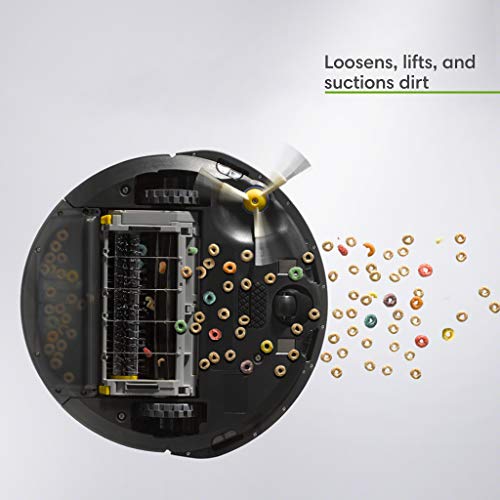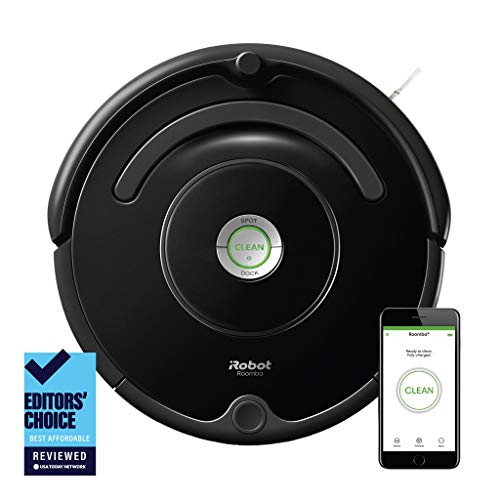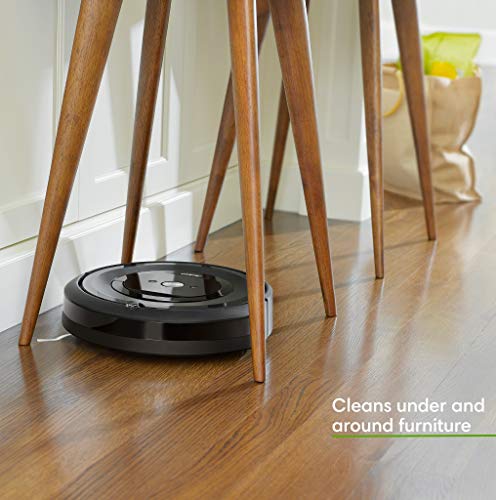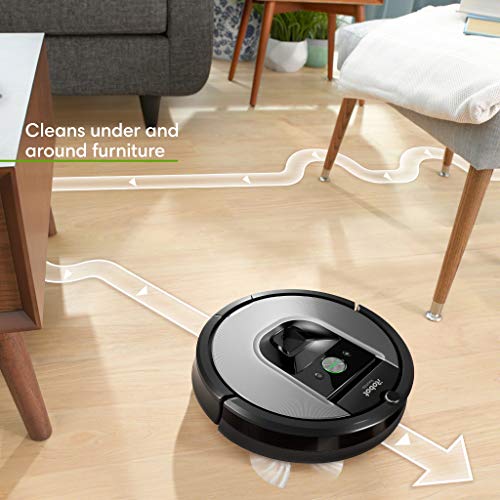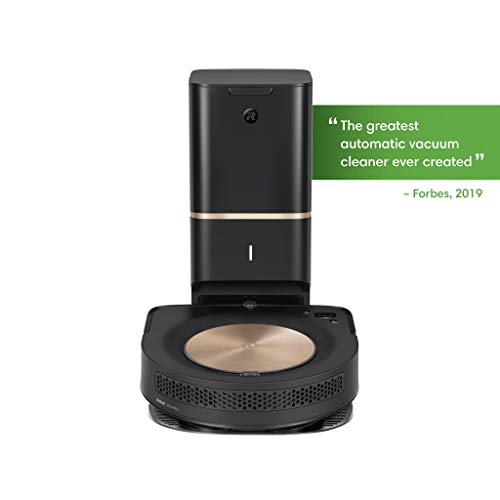If you want to make your Roomba function effectively for a longer time, you’ll need to properly maintain it. How often to change a Roomba Filter depends on the frequency with which you run the Roomba.
It’s recommended that you replace the Roomba filter every two to three months. If you notice a reduction in your Roomba’s suction power before then, you should consider replacing the filter.
Be sure to clean the filter at least once per week or twice per week if you have pets. The cleaning can either be done using compressed air or using water for deeper cleaning, but don’t put it back before it’s completely dry. Also, not all filters are washable, so be sure to check the post on cleaning the Roomba filter.
Specific Roomba Models
Roomba 614
According to iRobot, Roomba filter for Roomba 614 should be replaced after every two months. The company advises users to clean the filter every once per week but if you have pets at your home, it is advisable that you clean it at least twice per week.
Roomba 670
Same with Roomba 614 filters, Roomba 670 filters should be replaced every two months. The cleaning of the filter should be done at least once per week but for those with pets at home, it’s important that the cleaning is done twice in a week.
Roomba 671
Roomba 671 filters should be replaced every two months with filter cleanings done at least once per week. For your Roomba to remain in great shape, it’s important to ensure regular cleanings, especially after every cleaning cycle.
Roomba 675
Like nearly all Roomba models, Roomba 675 filters need to be replaced every two months. This follows the guideline of cleaning the filter at least once per week. For those that have pets at home, the cleaning needs to be done at least twice per week.
Roomba 690
If you wash your filter once every week and twice per week if you have pets, then the replacement of the 690’s filter should be done every two months. By cleaning your filter frequently, you’ll prevent clogged filters, overheating, and increase the performance significantly.
Roomba E5 (5150)
Filters should be replaced as needed when they become worn. According to the manufacturer, filters should be cleaned once a week, and changed every 2 to 3 months. You should use compressed air to ensure that you get rid of the entire waste while cleaning the filter.
Roomba 805
For best results, filters should be replaced every two to three months depending on how often you use the robot. However, the most basic level of maintenance should be done after each cleaning cycle to clear out the grime that builds up the most.
Roomba 890
Depending on how often you vacuum, filters need to be replaced every two months but most of all, they should be cleaned at least once or twice per week since even after a few short cleaning cycles, debris like dust, dirt, hair, and fur can begin to take a toll on your Roomba.
Roomba 960
Until these smart, tidy Roombas are intelligent enough to clean themselves; it’s up to us to keep them running at peak performance. For you to do this, you’ll need to clean the filter once or twice per week. Filter replacement should be done at least once every two months.
Roomba 980
To ensure that your Roomba is running in tip-top shape, replace its filter once every two to three months. They should be cleaned at least once or twice per week, especially if you own pets; by simply tapping them on the side of a trash can to knock out any debris.
Roomba 985
Since filters are essential for catching dust, depending on the frequency of your cleaning, filters should be replaced every two months. Clean the filters frequently, once or twice per week, but it’s best if you clean them after every cleaning cycle.
Roomba i7 and i7+
For a great performance, filter replacement should be done every two months. To clear out the grime that builds up, you can use water to clean the filter. But you should never put the filters back in the Roomba until they’re completely dry. Best to clean and wash the filter after each vacuuming cycle.
Roomba s9 and s9+
Filters are recommended to be replaced every 2 months to ensure the continued efficiency and effectiveness of your Roomba. You should also ensure that once or twice in a week or whenever you find a few extra minutes, you conduct midlevel maintenance by cleaning the filter to remove debris.
What Are the Different Types of Roomba Filters?
- iRobot Roomba e and i Series: High-Efficiency Filter
- Roomba 800-900 Series: HEPA Filters
- iRobot Roomba 600 Series: High-Efficiency Filters
- iRobot Roomba s Series: High-Efficiency Filter
- iRobot 700 Series: High-Efficiency Filters
Do note that you can buy HEPA filters for most of the Roomba models too on Amazon, like these below.
Can You Mix and Match Filters Between Models?
No, you can’t mix and match filters between Roomba models. Majority of the series have their own filters.
Roomba s9 will use iRobot Roomba S Series High-Efficiency Filters exclusively, while Roomba 614 will use iRobot Roomba 600 Series Filters. There’s no way the Roomba s9 series filters will work in a Roomba 614 model. However, some filters can be compatible with different models of Roomba; for instance, the iRobot 3-AeroForce High-Efficiency Filters are compatible for Roomba 800-900 Series.
Change Roomba Filter Final Thoughts
Roomba’s are meant to be robots you can mostly leave alone, especially the higher-end models like the Roomba i7+ and s9+. But even if you’re not interacting with the Roomba regularly, do be sure to clean the filter and give the Roomba a longer lifespan.
This should be done frequently even when you are not using it often, as this will help prevent clogged filters and increase its performance. Routine maintenance is essential.
Here are other Roomba maintenance and care articles:

